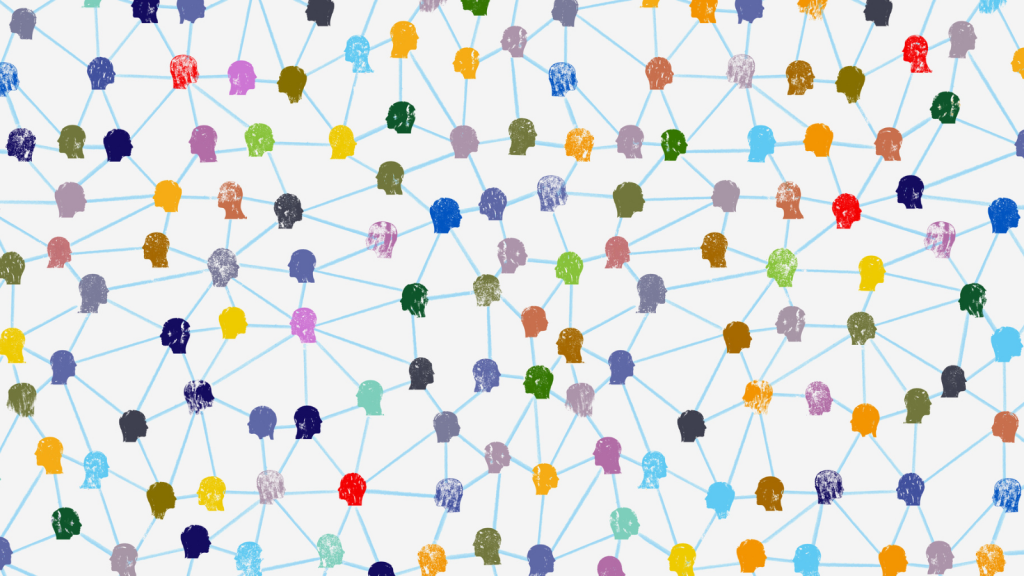
Research Associate Oishee Kundu feeds back on her experience of the June 2025 course ‘Development, Evaluation, Adaptation and Implementation’.

I accidentally fell into the world of public health from the broader field of public procurement and public management. In public procurement circles, health is often considered its own fiefdom, so I was disproportionately excited about the opportunity to learn more about the methods used to evaluate public health interventions. The summer course however offered much more than that.
The starting point of the course was ecological thinking and the use of socio-ecological models to guide the practice of intervention development and evaluation. Dedicating some time to discuss key principles, models and assumptions was really helpful for recognising how any issue (not just health-related) is framed, which then goes on to affect the solution(s) that is/are proposed and locating where hypotheses come from.
The course had a well-balanced mix of lecture-style teaching and group activities, which were expertly facilitated by several members of DECIPHer. The group activities were extremely helpful for applying the learning and building on what we were learning during the course. As a group, we went from mapping a problem to making choices about our programme theory and writing a logic model for a proposed intervention without feeling rushed.
I learnt a lot of new things over the week. I had never heard of intervention ‘fidelity’ before and for a while kept calling it ‘loyalty’.
There was much to learn about feasibility studies, evaluability assessment, and so on. By day three, I was getting a bit concerned about how I had progressed thus far as a researcher without all this knowledge, but then over coffee break, a fellow course attendant and I had a chat about the contrast between the seemingly sanitised world of clinical research and the complex mess that is social science research. Public health involves both!
The next day featured “Randomised Control Trials” and “Natural Experiments” and it all clicked in place when Dr Nick Page presented a figure from Ogilvie et al (2020) on the link between research and policy action. The paper makes a strong argument for embracing study designs which build a ‘practice-based evidence pathway’ to inform and adjust policy actions, rather than solely relying on a linear path from research to practice.
The week-long course is intense and requires commitment, but it is also a deeply rewarding learning experience, thanks to the carefully curated course content and the time and space provided for networking as well as reflection. I am looking forward to carrying all this new knowledge into my work – as a user and do-er of research and evaluation.
